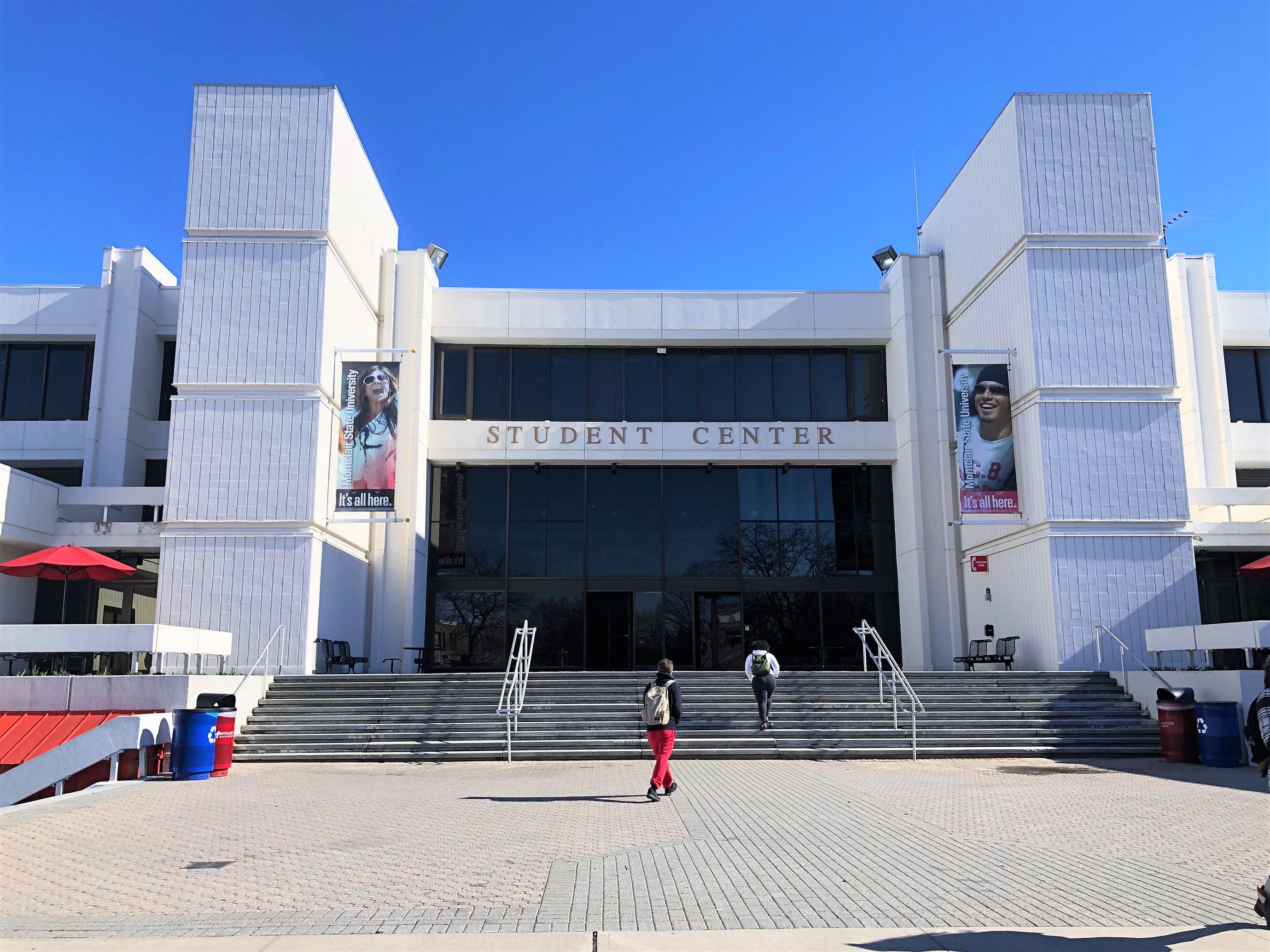With Montclair State University resuming classes after a week off for spring break, faculty and students are feeling the effects of the post spring break slump.
Spring break is an exciting time that students and faculty have the luxury of taking part in, whether they choose to travel or stay home. For many, this means catching up on work or sleep. For others, this means going away and temporarily forgetting about the stress of work and school.
“It makes me more tired,” said Jaquan Smith, a freshman chemistry major, as he took a sip of his coffee. “In the beginning of the semester I’m all pumped, but coming back is tiring.”
Smith stayed home for spring break as he chose to work and play basketball with some friends.
Students say spring break can be both a blessing and a curse. The motivation factor can slip away easily after getting more time to relax than you are used to.
“Staying home for spring break made me lazy,” Smith said. “I feel like a dog sometimes because I just eat and sleep.”
Vice President for Student Development and Campus Life Karen Pennington shared that faculty may not have to work as hard but do continue working over the break.
“The university remains open during spring break, so most administrators are still here working during break,” Pennington said. “We don’t have a downtime that causes a subsequent slump.”

The Student Center is where Karen Pennington “makes it happen” for students. Christopher Jules Fombrun | The Montclarion
Pennington said because her position is year-round she must be motivated all the time, but there is something about the longer days of spring that makes it easier for her.
Pennington believes the slump affects students because they get to completely turn off for a bit and must turn their energy back quickly to their studies. That swift transition can sometimes cause students to feel a sense of loss, almost like jumping out of bed too fast and feeling lightheaded.
Not every professor finds it easy to teach students who just came back from break. The energy students bring to class can impact the instructor.
Marissa Bates, a journalism professor at Montclair State, uses spring break as a time to catch up with extra work outside of school, as it can be tough to do so during the regular semester.
“Spring break affects my class because I have students who would rather be elsewhere,” Bates said. “No matter how much sleep they’ve gotten.”

Journalism professor Marissa Bates waits for her class to start and looks forward to another opportunity to teach. Christopher Jules Fombrun | The Montclarion
Students say Bates is always motivated, teaching her classes with a smile on her face followed up by asking students about their day before officially starting class. But the more tired her students look in class makes it a little tougher to stay motivated. However, this is not a factor that keeps her classes from running how they normally would.
Though the spring weather is not officially here yet, the thought of coming back to work for something other than a paycheck can be tough for students.
Daniel Livingston, a sophomore communication and media arts major, spent his spring break doing homework, catching up with friends, sleeping and planning for the summer. For him the break was much needed, as he never gets to relax during the semester.
“When I come back I feel unmotivated,” Livingston said. “I need time to adjust since spring break comes in the middle of the semester. It’s like not starting a car for a while and then trying to start it again wondering why it takes so long.”

Daniel Livingston patiently waits for his last class of the day to start. Christopher Jules Fombrun | The Montclarion
Many find it tough how spring break comes in just when you’ve found out what makes it easy for you to function.
Livingston felt more motivated before break. He feels it is like hitting a pothole and getting your tire busted then having to fix it.



